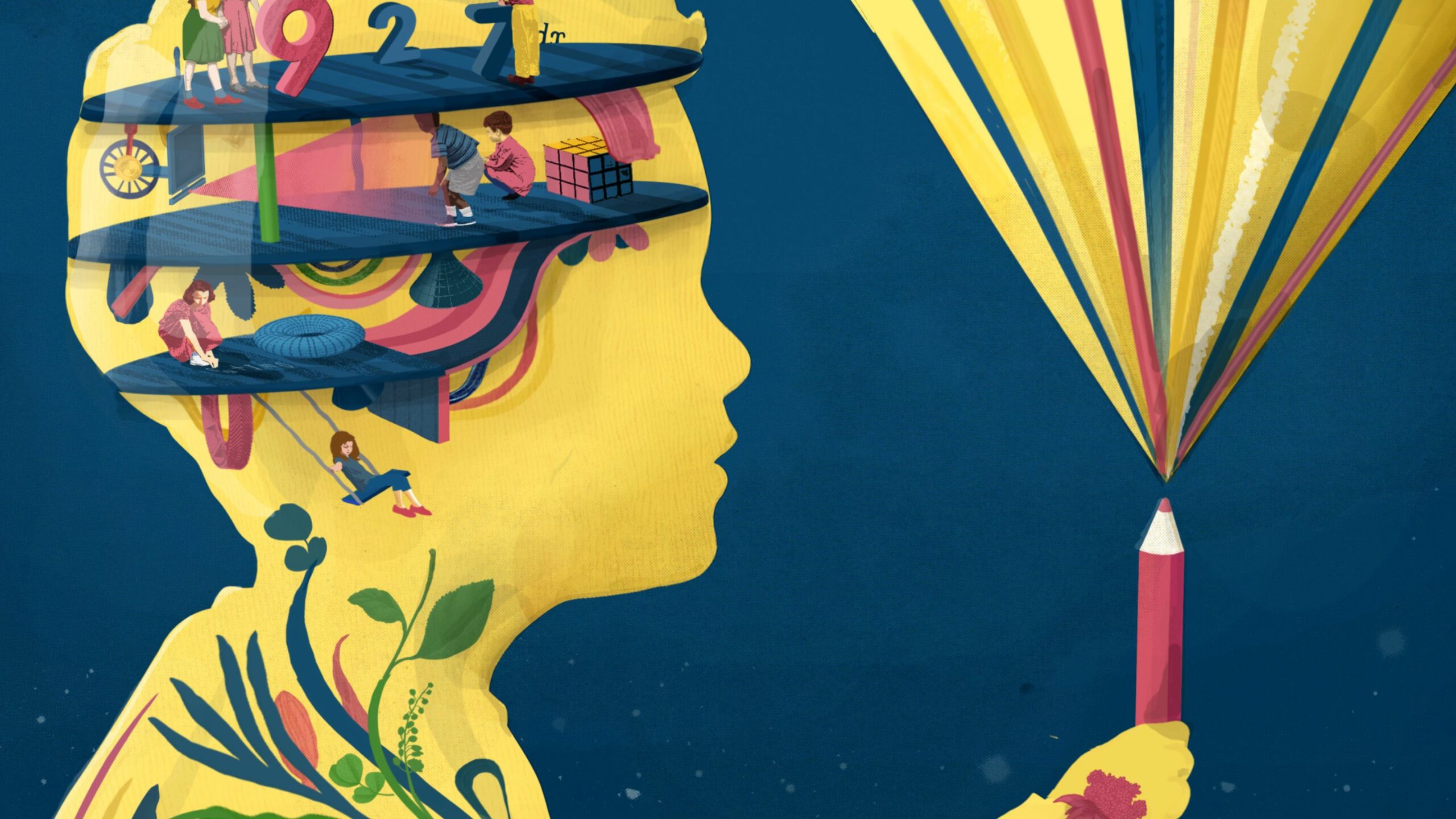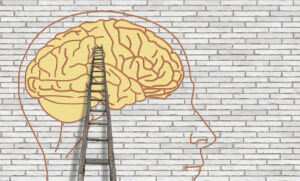
Mental Development
Mental development encompasses a wide range of mental abilities and is an important aspect of growth. It starts at birth, and as the kids grow older, their mental reactions change. These variations in the reactions are simple at first, but they eventually lead to more complex mental activities.
As early experiences shape the architecture of the developing brain, they also lay the foundations of sound mental health. Disruptions to this developmental process can impair a child’s capacities for learning and relate to others — with lifelong implications. By improving children’s environments of relationships and experiences early in life, society can address many costly problems, including incarceration, homelessness, and the failure to complete high school.
Mental development is an important aspect of growth, embracing the various mental abilities. It begins right from birth, and as the child develops with the passage of time his mental reactions also change. These reactions are very simple to start with, but in due course, they lead to complex mental activities.
Mental development includes abilities like thinking, imagining, observing, attending, perceiving, solving problems, remembering, intelligence and languages learned, which are all part of mental development. All these abilities are intertwined, and they develop independently, change grow and mature with age. Some people’s mental abilities decline as they grow older. Every person is unique, and these abilities grow in their own way in every individual.
Stages of Mental Development:
(a) From Birth to Three Years:
(b) From Three to Six Years:
(c) Later Childhood:
(d) Adolescence:
Our brain is a vital component of our nervous system and plays a crucial role in mental development. As a result, maintaining mental health is critical for mental growth.

